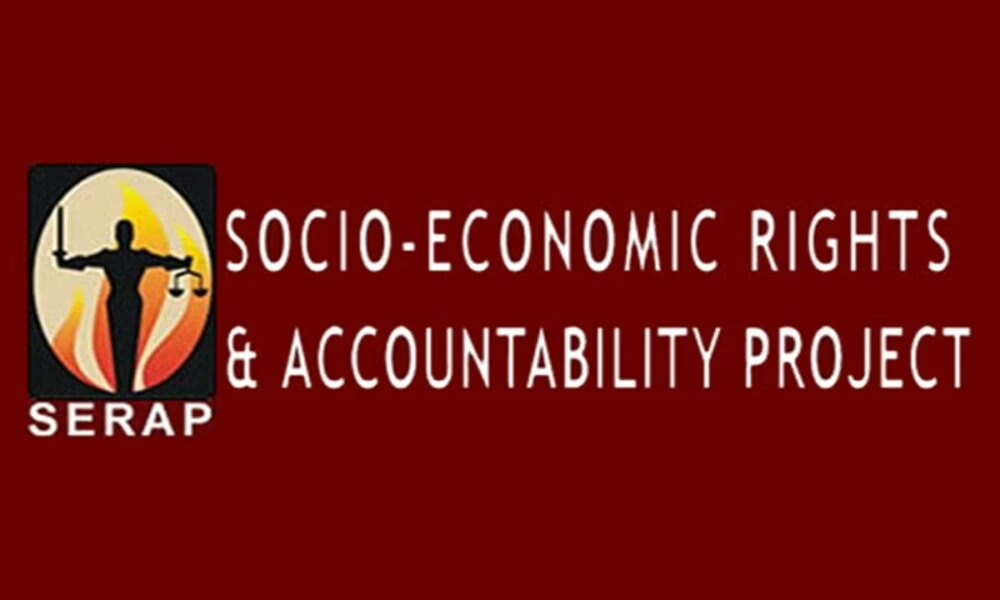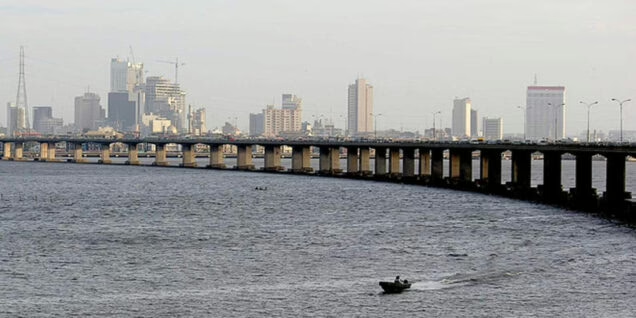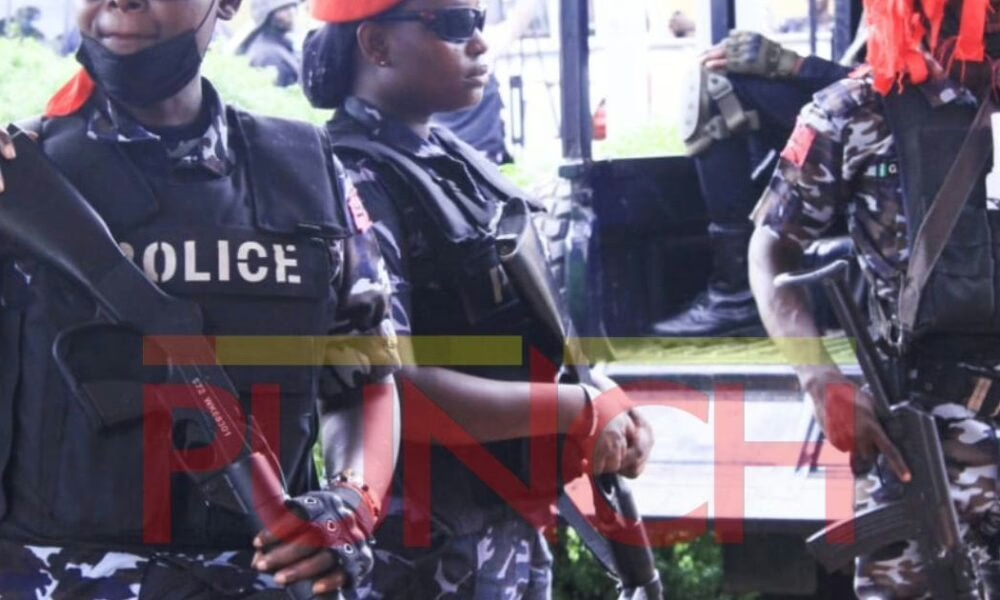The Abuja-AYA-Nyanya-Keffi highway, a critical artery linking the capital city with its neighboring states, is now a symbol of infrastructural decay and government neglect. The alarming state of this road, which serves millions of Nigerians daily, has reached a tipping point. It demands immediate intervention from the Federal Road Maintenance Agency (FERMA), the government body mandated to keep federal roads in good condition.
As countless Nigerians face nightmares commuting on this road, it’s clear that FERMA must take decisive and urgent action before the situation spirals out of control.
The poor condition of this highway has serious consequences, impacting the lives of commuters, residents, and businesses along the corridor. The frequent and unpredictable traffic jams, often stretching for hours, are taking a significant toll on individuals and the economy.
Lost productivity: Commuters spend hours each day in gridlock, losing valuable time that could be spent at work or with their families. This wasted time directly translates to lower productivity for businesses and reduced economic output for the nation. Many employees arrive at work fatigued and stressed, further decreasing efficiency.
Increased Stress and frustration: Navigating through congested, pothole-ridden roads raises anxiety levels for commuters. The sheer frustration of spending long hours on the road, coupled with the pressure of arriving late at destinations, contributes to poor mental health. For many, this daily grind has become an unavoidable part of life, but the mental and emotional strain is undeniable.
Safety risks: The highway, marked by deep craters and dangerous potholes, poses a severe risk to road users. Vehicles often swerve recklessly to avoid these hazards, resulting in accidents that sometimes claim lives. Motorcyclists and pedestrians are particularly vulnerable to these dangers, as they face greater risks of injury or death from avoidable accidents.
Economic hardship: Businesses along the highway are suffering as well. Reduced customer turnout, delayed deliveries, and increased fuel costs for transporters are creating a difficult environment for economic activity. Small businesses, in particular, feel the pinch, as operational costs rise while sales drop, threatening livelihoods.
Environmental and social implications
The effects of the highway’s poor state extend beyond economic and safety concerns; they also have long-term environmental and social consequences.
Air and noise pollution: The frequent gridlock leads to idling vehicles, which burn excessive fuel, contributing to rising levels of air pollution. The fumes, largely consisting of carbon monoxide and other harmful substances, pose a serious health risk to residents living nearby. Additionally, the constant blaring of horns and revving of engines contribute to noise pollution, disturbing the peace in the surrounding communities.
Community disruption: Residents along the highway bear the brunt of the ongoing chaos. Not only do they endure the constant noise and poor air quality, but property values in these areas are also plummeting. Living next to a road in such poor condition reduces the appeal of the area, making it difficult for homeowners to sell or rent their properties. The overall quality of life for these residents is in sharp decline.
Health risks: The combined effects of prolonged exposure to pollution and the chronic stress of navigating this highway can have serious health repercussions. Respiratory problems, cardiovascular issues, and other stress-related health concerns are becoming increasingly common. The government, through FERMA, must recognise that road maintenance is not just an infrastructure issue, but also a public health one.
FERMA’s responsibility
FERMA was created to maintain and rehabilitate federal roads, ensuring their safety and usability. It is time for the agency to step up and fulfill this mandate. The current crisis on the Abuja-AYA-Nyanya-Keffi highway demands both immediate and long-term solutions.
Conduct emergency repairs: FERMA must begin by addressing the most pressing issues on the road. Potholes should be filled, and damaged sections of the highway must be repaired immediately. This will reduce the risks of accidents and ease the flow of traffic in the short term.
Develop long-term solutions: While emergency repairs are critical, FERMA must also consider long-term infrastructure improvements to prevent the road from returning to its current deplorable state. These could include upgrading drainage systems to prevent waterlogging during rainy seasons and laying durable asphalt overlays to withstand heavy traffic. Such measures would enhance the lifespan of the road and reduce the need for frequent repairs.
Implement regular maintenance: FERMA should develop and adhere to a regular maintenance schedule. Roads like the Abuja-AYA-Nyanya-Keffi highway are essential to national commerce and daily commuting, and their deterioration should not be allowed to reach such critical levels again. Regular inspections and maintenance will help catch problems early, before they escalate into full-blown crisis.
FERMA must act swiftly and decisively. We call on the agency to:
Prioritise the Abuja-AYA-Nyanya-Keffi highway: Allocate the necessary resources and manpower to address this pressing issue. This highway is too critical to the nation’s economy and the well-being of millions of citizens to be neglected any longer.
Engage stakeholders: FERMA should collaborate with all relevant stakeholders, including local communities, businesses, and daily commuters. By incorporating their input, the agency can better understand the root causes of the road’s degradation and devise more effective solutions.
The current state of the Abuja-AYA-Nyanya-Keffi highway is both a public safety hazard and a national embarrassment. FERMA must take swift and comprehensive action to fix this vital corridor, ensuring that it serves the needs of all Nigerians.
Umar Salmon wrote from Karu, Nasarawa State.
Join Daily Trust WhatsApp Community For Quick Access To News and Happenings Around You.











